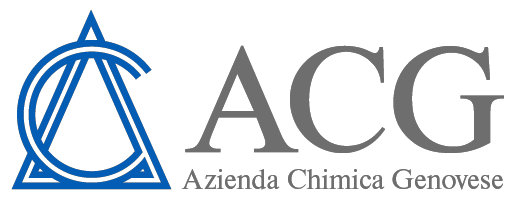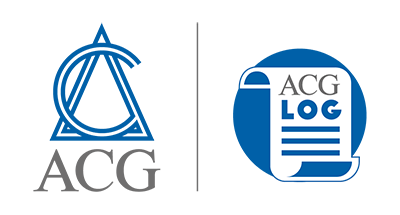ACG is an Italian OEM company established in Genoa in 1947 that design and manufacture:
- MGPS (Marine Growth Prevention Systems)
- ICCP (Impressed Current Cathodic Protection)
for the marine industry, Oil & Gas, power industry and water treatment.
ACG covers every step, starting from the technical and commercial offer to the engineering, procurement, production of equipment up and until testing, commissioning, and the start-up of its systems.
ACG follows the customer during the entire life cycle of the equipment, providing constant availability for technical assistance and troubleshooting, supply of spare parts and most critically:
free-of-charge analysis of system operating parameters
1953 - THE FIRST EVER ANTI-FOULING TREATMENT SYSTEM
The first direct electrochemical water chlorination system was built in 1953, for the La Spezia municipal aqueduct. Azienda Chimica Genovese also started construction of anti-fouling treatment systems for sea water cooling circuits on board ships in the same year. The first system started operating in June 1953, on board the M/V ENOTRIA, owned by Adriatica s.p.a di Navigazione, to prevent the growth of marine organisms. It was the world’s first ever anti-fouling treatment system on board a ship and was invented by Professor Alessandro Doldi.
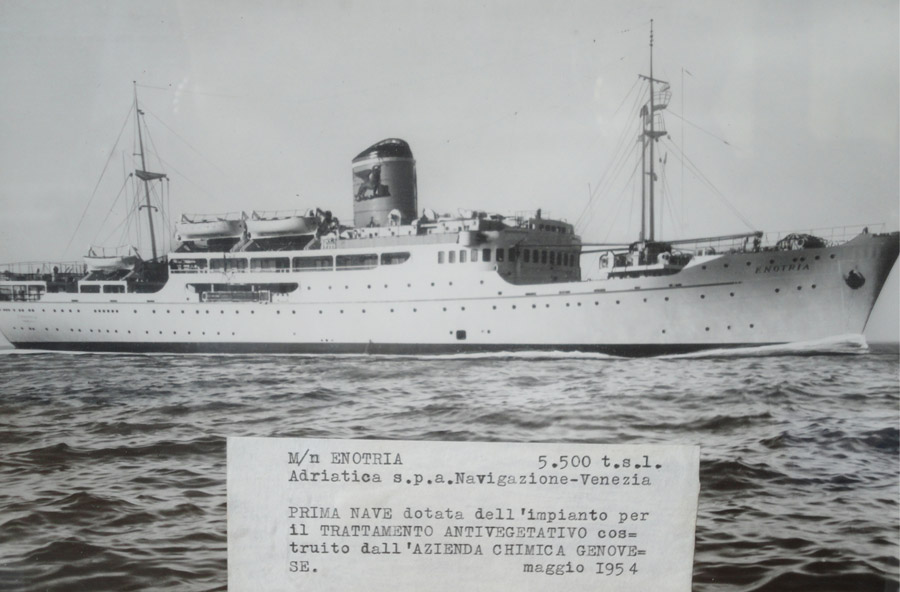
WATER TREATMENT - MGPS SYSTEMS
The biofouling that adheres to and develops inside sea water cooling circuits can seriously jeopardize operation of the ship, damaging the protected systems. Cooling circuit pipes and sea water intakes are subject to encrustation with marine macro and micro organisms.
The best way to control growth of marine fouling in cooling circuits is to use specific Marine Growth Prevention Systems (MGPS) that inject efficient biocides into the pipes, filters, and the water intakes.
Azienda Chimica Genovese can offer different systems to prevent the growth and proliferation of the marine macro and micro organisms.
ECOLCELL
ECOLCELL® utilizes an electrolytic cell fitted with Titanium anodes to transform the Sodium Chloride (NaCl) contained within seawater into Sodium Hypochlorite (NaOCl) through a process of electrolysis.
The electrolytic process is obtained by passing seawater through a cell containing two electrodes (anode and cathode), which are energized with a low voltage DC and high current. Sodium Hypochlorite is an effective agent against biofouling and oxidises the organic substances present in the seawater. It is injected into the sea chests where it is dispersed throughout the whole sea water system.
|
NO MACRO FOULING |
|
NO MICRO FOULING |
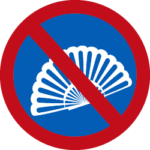 |
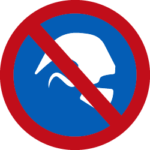 |
ECOLCELL®
- Is 100 % effective against all types of marine fouling even in the toughest conditions.
- Can be installed in new buildings or as retrofit.
- Allows heat exchangers to operate at 100% efficiency.
- Can be made automatic without the need of manual intervention.
- Has a long-lasting life with anodes’ replacement being relatively inexpensive.
- Can be used for sewage treatment by extracting the disinfecting agent from the electrolytic cells.
- Eliminates the need of dry-docking required for cells’ replacement because this operation can be performed during navigation.
- Is safe and environmentally friendly. The antifouling agent produced by Ecolcell® (Sodium Hypochlorite) due to its instability reverts back to salt and water once discharged overboard.
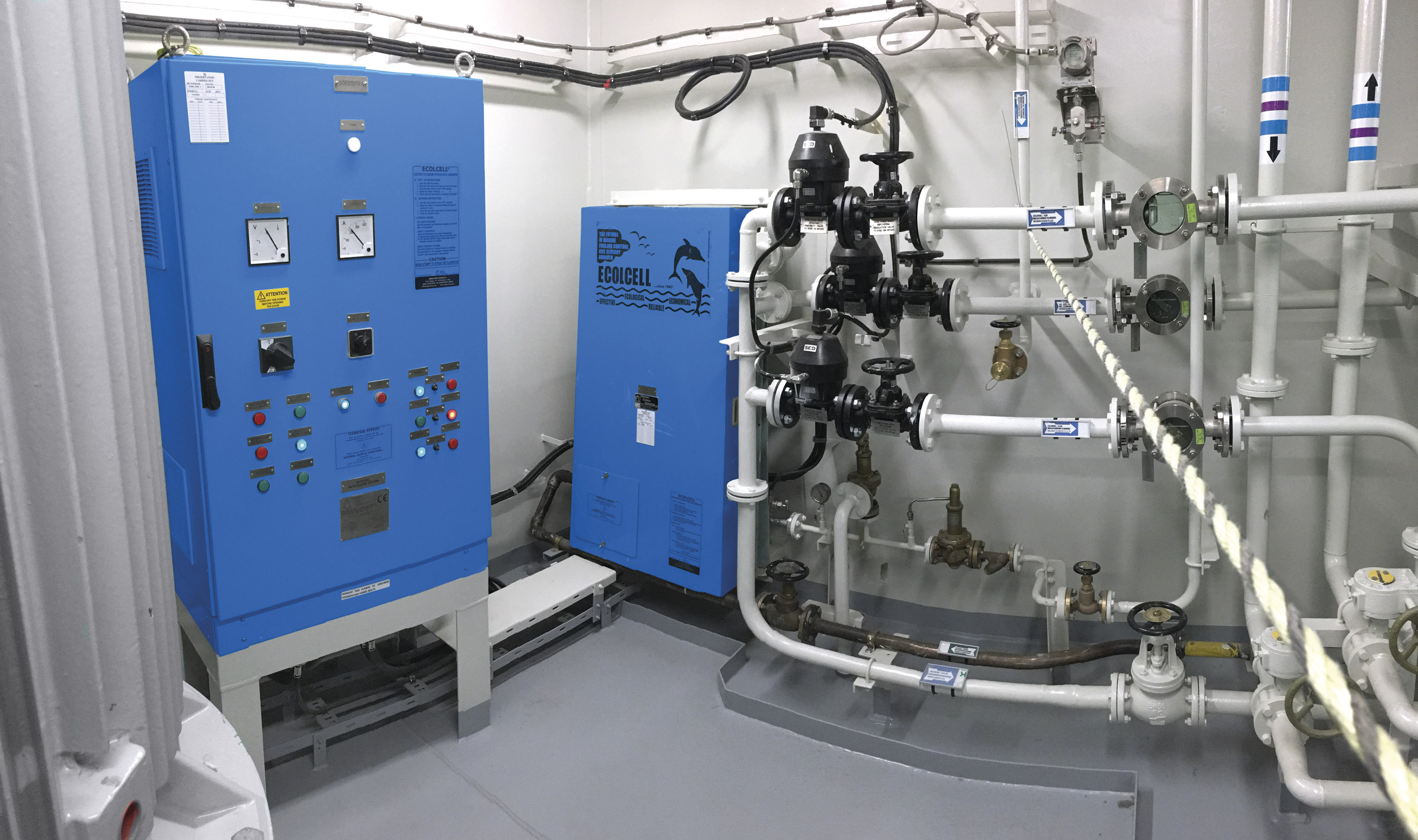
COPRON
COPRON relies on electrolytic release of copper ions into the sea chest and seawater pipework.
Due to its salinity, sea water is a potent electrolyte which means that a relatively low DC voltage is required to deliver the necessary current for the electrolysis. The electrolysis causes copper ions to be released into the seawater preventing biofouling. Only a small concentration of copper ions (less than 2ppb) is required for the system to be effective.
Anodes can be installed in the sea-chests, in the strainers and box coolers or inside a reaction tank. In this way the replacement of exhausted anodes can be done at sea without waiting for drydocking, while it is also possible to check the anodes consumption. COPRON is also equipped with anodes for corrosion prevention. These anodes are made of different materials depending on the internal pipework material. Normally for the seawater piping, aluminum anodes are used.
|
NO MACRO FOULING |
 |
ACG knows the importance of being certified nowadays.
All involved parties, from Shipowners and/or Shipmanagers to Shipbuilders that install equipment onboard and use appropriate spare parts – need to be in compliance with the increasingly strict regulations*.
It is not only in the European Union, but also in the rest of the world that the green philosophy is continuing to clamp down on the use of biocides – especially the most pollutant as copper and aluminum. For this reason, attention has turned to the function of the systems onboard and the correct maintenance together with the purchase of proper products to ensure full compliance with all regulations.
* IMPORTANT ! Since 1st September 2015, ECHA (European Chemical Agency) Article 95 Regulation no. 528/2012 (EU Biocides Regulation) does not permit the sale and use of biocidal products in the EU unless they are provided by a licensed product supplier from the approved Article 95 list.
ACG is licensed under this regulation to both produce and supply Cu-anodes as biocidal products.
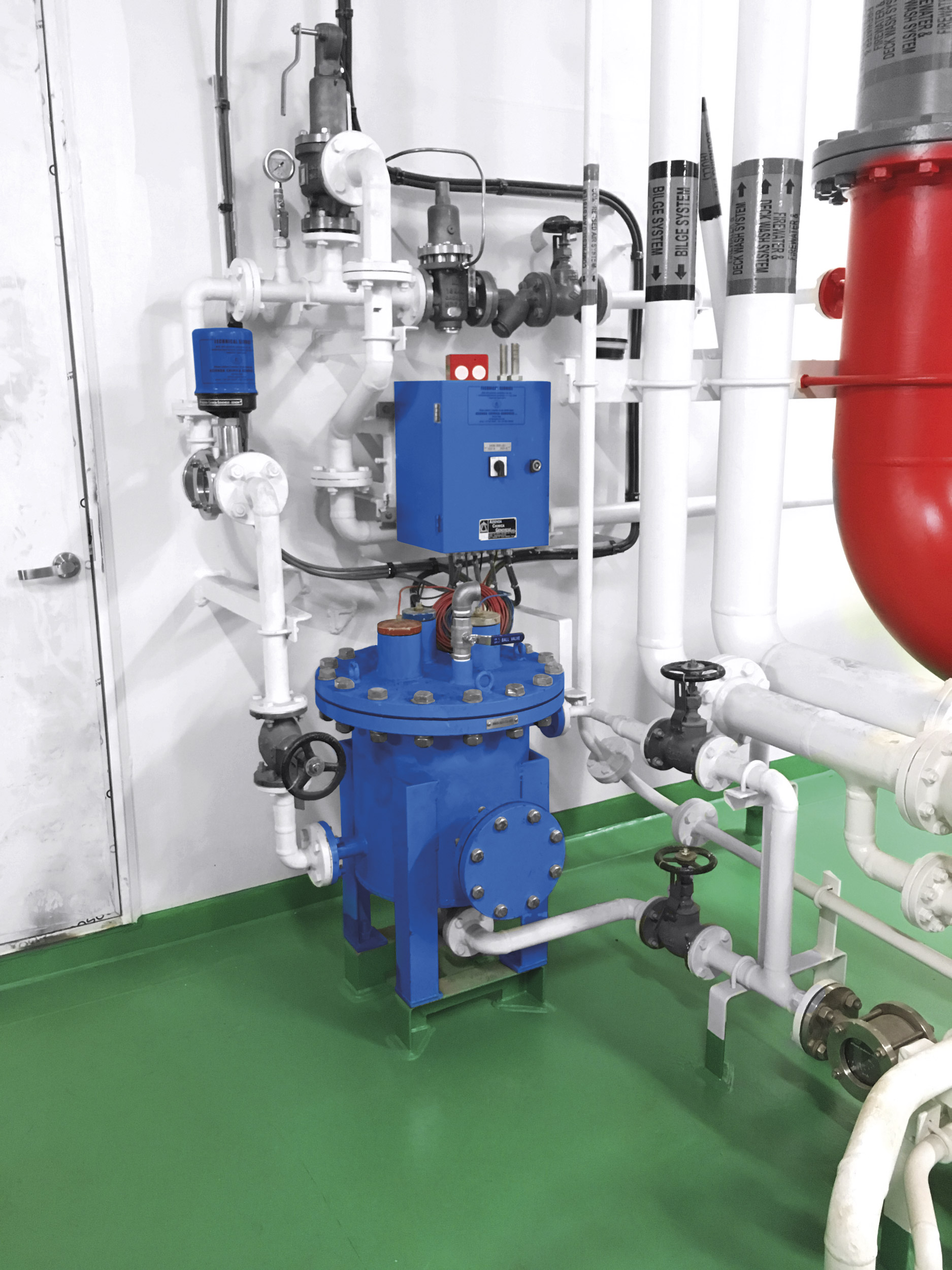
CORROSION PROTECTION - ICCP SYSTEM - MARIMPRESS
MARIMPRESS, ACG’s Impressed Current Cathodic Protection (ICCP) system protects from corrosion the hull of ships, floating docks and all other structures submerged in sea water.
It is a technologically advanced and long-term solution to corrosion problems. The system continuously monitors the level of protection and based on variations in temperature, salinity of the water, speed of the ship, and the state of preservation of the hull coating varies the current impressed through the anodes so as to stop corrosion.
|
NO CORROSION |
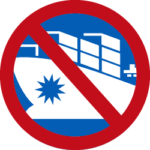 |
The metal surface to be protected is cathodically polarized. The system is based on control of potential by means of “reference cells”, which automatically drive the amperage of the current to be impressed through the permanent anodes.
The anodes and the reference cells are electrically connected to a suitable electric power supply. Any change in potential measured by the reference cell immediately varies the intensity of the impressed current. The value of the potential is thus maintained around the metal structure’s immunity value.
Together with MARIMPRESS, ACG can also supply SED (Shaft Earthing Device) to protect propeller shaft.
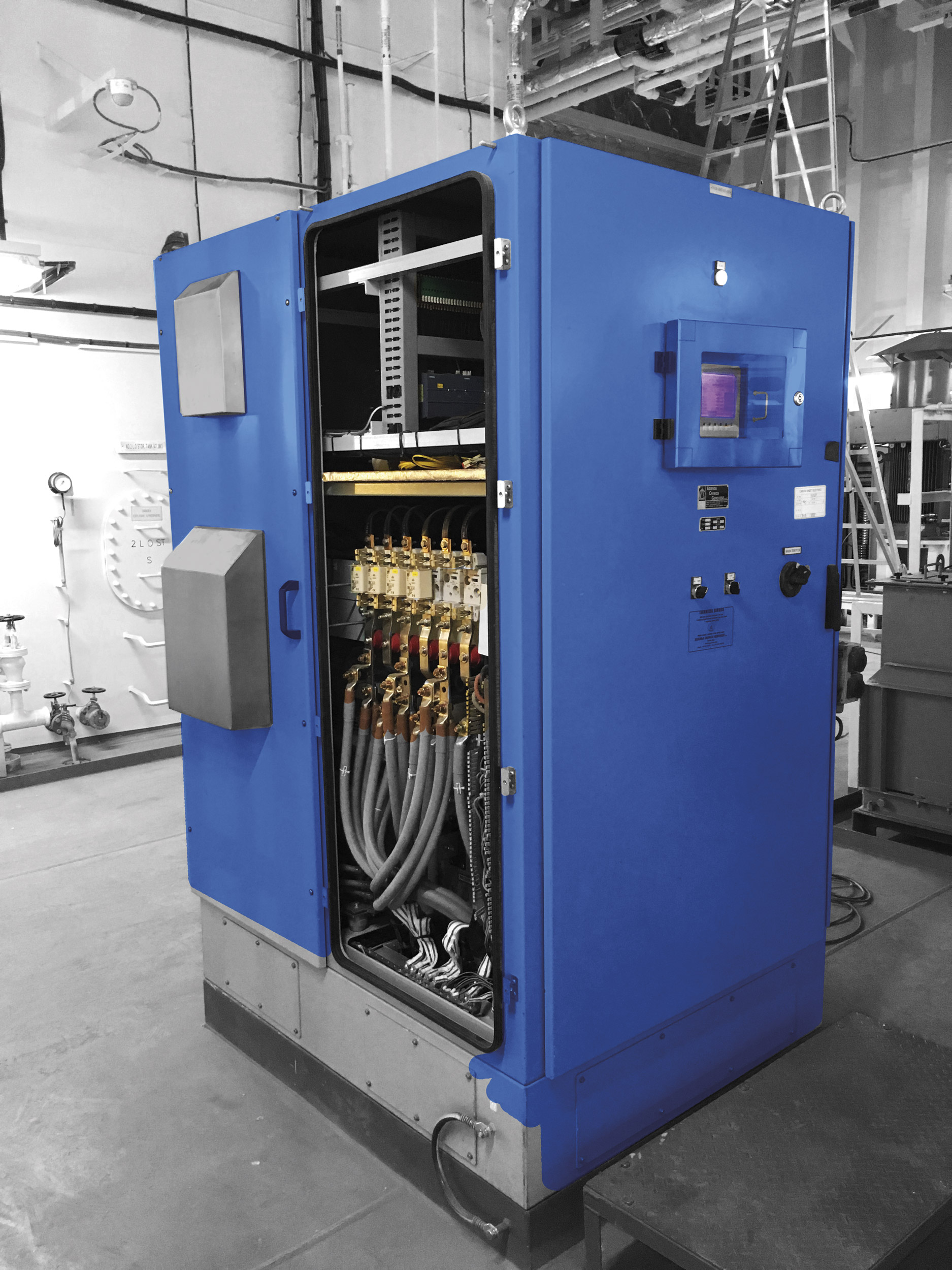
The ICCP system offers numerous additional benefits compared with sacrificial anodes, as it is cheaper and designed to operate over the long term without any preventive maintenance. The ICCP system guarantees the correct degree of protection/mitigation, as the system adapts rapidly to the conditions present and continues to offer optimal protection.
Finally, ACG also offers Sacrificial Anodes for cathodic protection if required, a more traditional way of corrosion protection.
Click here to visit ACG Website.


